How do institutions show physically that they want to be more diverse and inclusive? What tangible results do students and staff see from all the intentions and notes?
(Images: Jowan de Haan)
- For this study, 36 policy documents of 21 educational institutions were analysed. The institutions comprised 13 research universities and 8 universities of applied sciences.* The documents included visions, strategies, policy documents, action plans and position papers in which educational institutions set out their plans.
1. Decolonising the curriculum, inclusive teaching material
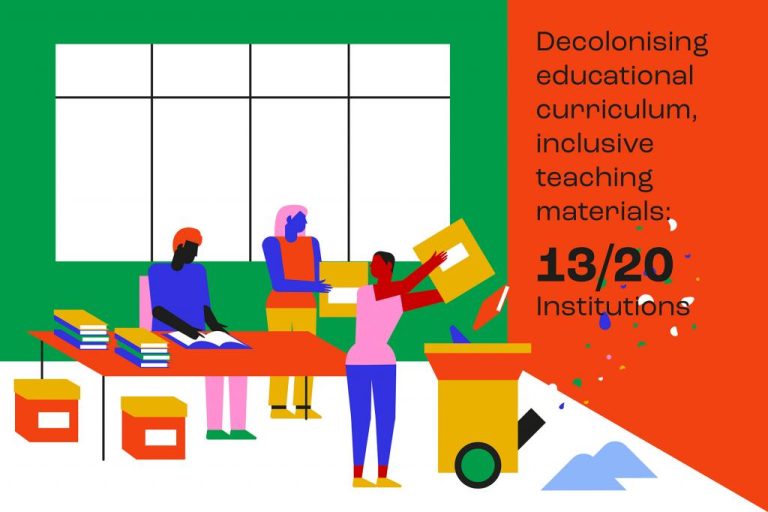
Of the 20 institutions studied, 13 have said they are examining their teaching material in order to make it more inclusive. TU Delft itself does not do this (yet). However, at the Faculty of Technology, Policy and Management, the informal working group Decolonial Working Group is active. They pay attention to the subject through lectures and sharing reading tips and research.
2. Diversity events
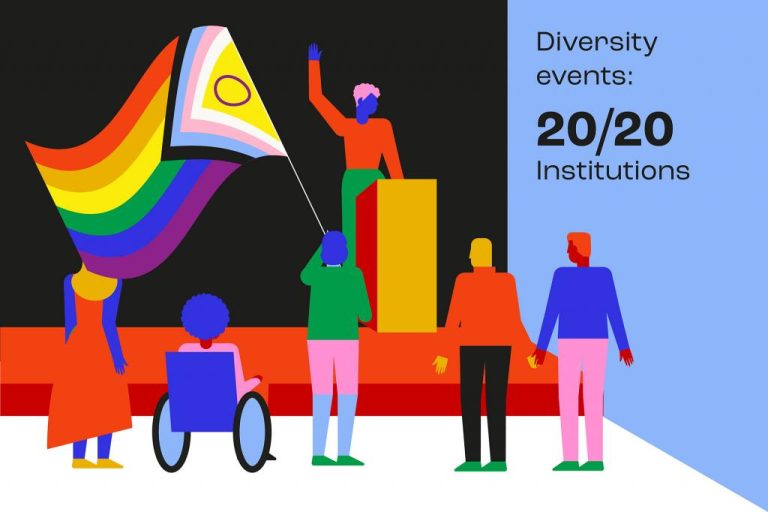
All of the 20 institutions studied regularly organise events around the theme of diversity and inclusion. These can be lectures and debates as well as informal networking events or outreach programmes. At TU Delft, for example, the second diversity & inclusion week was organised in early October. There is also a focus on annual events such as Coming Out Day and students can apply for grants for initiatives that help improve diversity, equity and inclusion within TU Delft.
3. Separate physical space for a diversity office
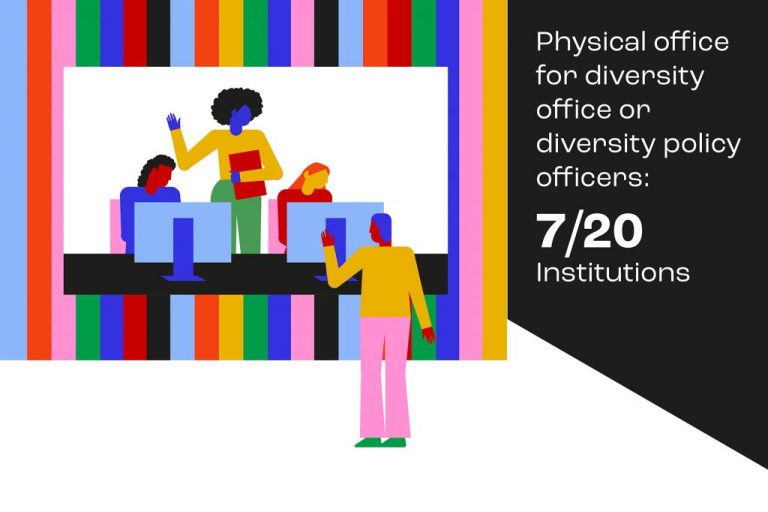
Each institution has organised its diversity policy differently. Diversity officers often form part of an HR or student affairs department. Of the 20 institutions, 7 have a separate, recognisable space for the diversity office. TU Delft’s diversity office also has its own location. Just passing by is not possible, contact is preferably by e-mail.
4. Target figures for female professors
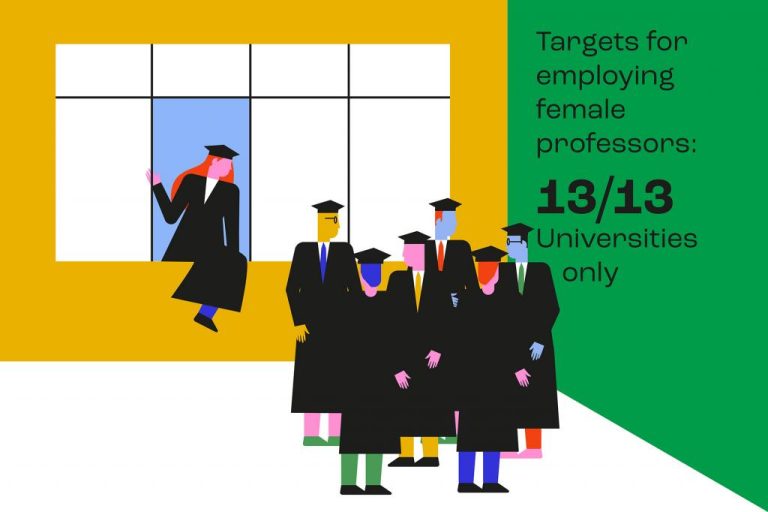
These figures only apply to research universities, not to universities of applied sciences. All 13 universities have target figures for the appointment of female professors. Only Eindhoven University of Technology also has a quota of female professors who must have been appointed by a specific time. At TU Delft, the aim is for 25 per cent of professors to be women by 2025. In 2021, 17.7 per cent of professors at TU Delft were women, a decrease compared to 2020. According to forecasts by the National Network of Women Professors, it might be difficult for TU Delft to meet the target.
5. Rainbow zebra crossing or other permanent LGBTQI symbol
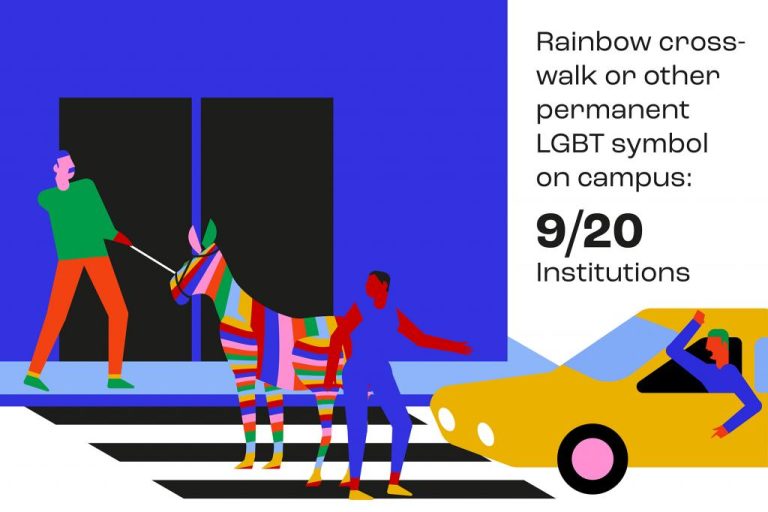
We found a public LGBTQI symbol on the premises of 9 of the 20 institutions studied. These are often rainbow zebra crossings, stairs or ramps. No rainbow zebra crossing at TU Delft. However, the rainbow flag has been flying permanently since July this year. On Purple Friday (9 December), this flag will be replaced by the Progress flag. Besides the rainbow colours, this flag also has colours from the transgender flag and brown and black for people of colour.
6. All-gender toilets
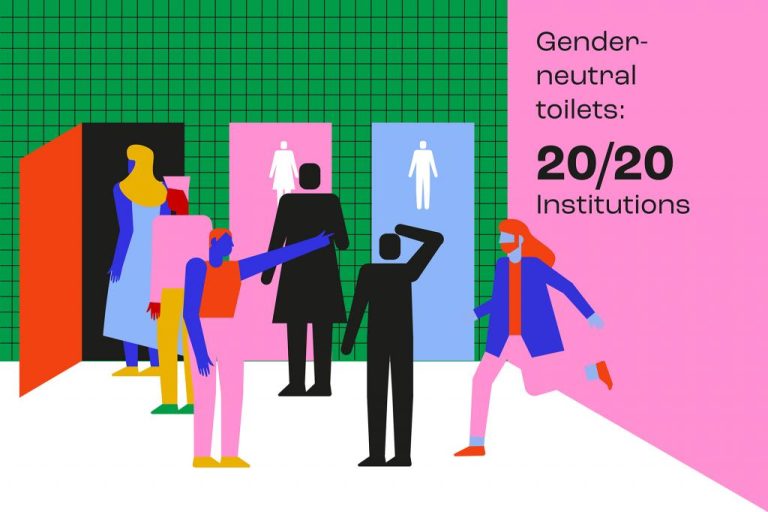
All of the institutions studied have at least one gender-neutral, or all-gender, toilet. At least, that depends on how you look at it. For instance, the Delft all-gender toilets are included in this study, only… they are not there yet. What has been counted is the intention to have gender-neutral toilets in all education buildings by the end of 2022. As it turns out, that deadline has not been met. The opening of the first all-gender toilets is scheduled for the first quarter of 2023, at the Faculty of Architecture and the Built Environment. Other education buildings will follow later in 2023 or in 2024.
7. Toolkit for recruitment and selection; toolkit for writing inclusive job advertisements
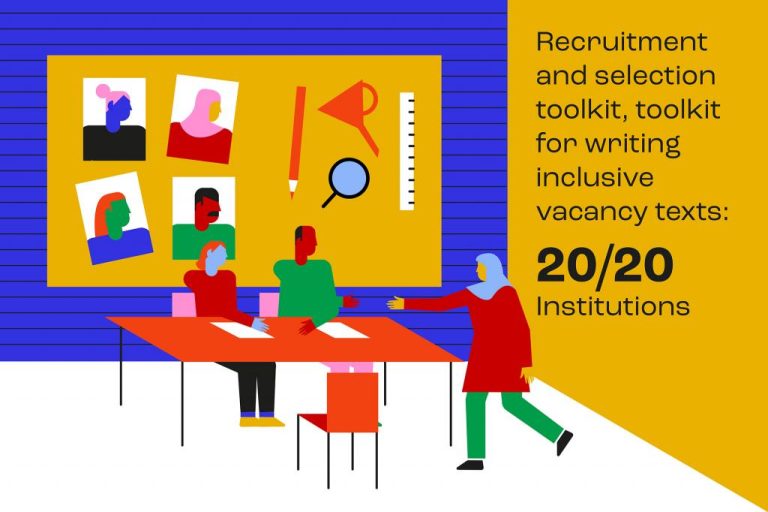
All of the institutions studied are also taking action to make the staff recruitment process more inclusive. They are offering training and resources during recruitment and making it clear in job advertisements that the institution is open to everybody. For example, TU Delft stresses in its job advertisements ‘to embrace diversity and strive to be as inclusive as possible’.
8. Unconscious bias training
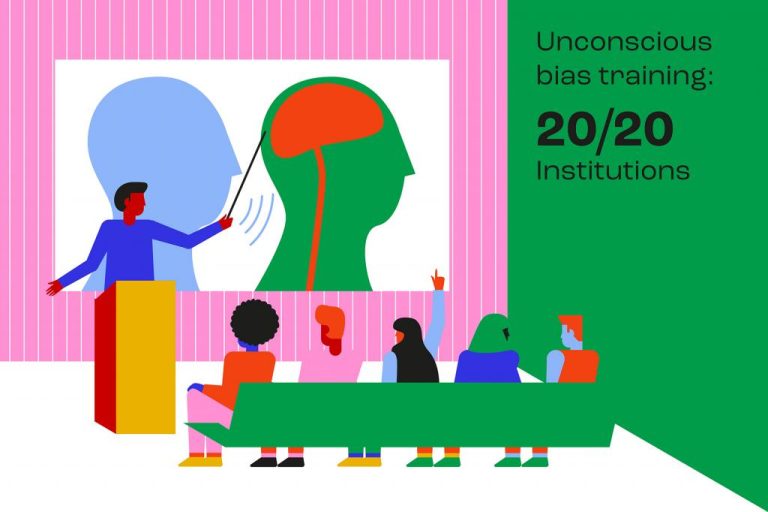
All of the institutions studied have a form of unconscious bias training that teaches staff and students to recognise and address their own blind spots and unconscious biases. These training sessions are not mandatory at most institutions including TU Delft.However, employees can take unconscious-bias training through the Learning Hub. The course is not free, it is only available with the permission of your manager.
Text: Wieneke Gunneweg, research: Manon Dillen / Additions on TU Delft by Marjolein van der Veldt and Saskia Bonger
- Research justification
This study consisted of an analysis of 36 policy documents supplied by 21 higher education institutions: thirteen research universities and eight universities of applied sciences. The documents included declarations of intent, strategies, memos, action plans and position papers disclosing the higher education institutions’ plans.
For the purpose of this survey, we spoke with diversity officers from thirteen research universities and seven universities of applied sciences about their work. Almost all of the diversity officers stated that they’d been on the end of negative comments. Three of them claimed to have felt threatened. Some were reluctant to participate in this survey as a result.
- Participating media
The participating media from the research universities and universities of applied sciences are affiliated with the Circle of Editors-in-chief of Higher Education Media.
The following institutions were surveyed: Fontys University of Applied Sciences, University of Groningen, VU University Amsterdam, Utrecht University, University of Twente, Avans University of Applied Sciences, Eindhoven University of Technology, Erasmus University Rotterdam, Rotterdam University of Applied Sciences, Radboud University Nijmegen, HU University of Applied Sciences Utrecht, Delft University of Technology, HAN University of Applied Sciences, Maastricht University, Amsterdam University of Applied Sciences, Hanze University of Applied Sciences Groningen, Tilburg University, Saxion University of Applied Sciences, University of Amsterdam, Wageningen University & Research, Leiden University.
- This survey was partly made possible by a contribution from the Journalism Promotion Fund.
- Also read:
- Figureheads of diversity policy need to be thick-skinned
- How hot topic issues dominate the debate on diversity and inclusion
- How can TU Delft also be a place for neurodivergent students?


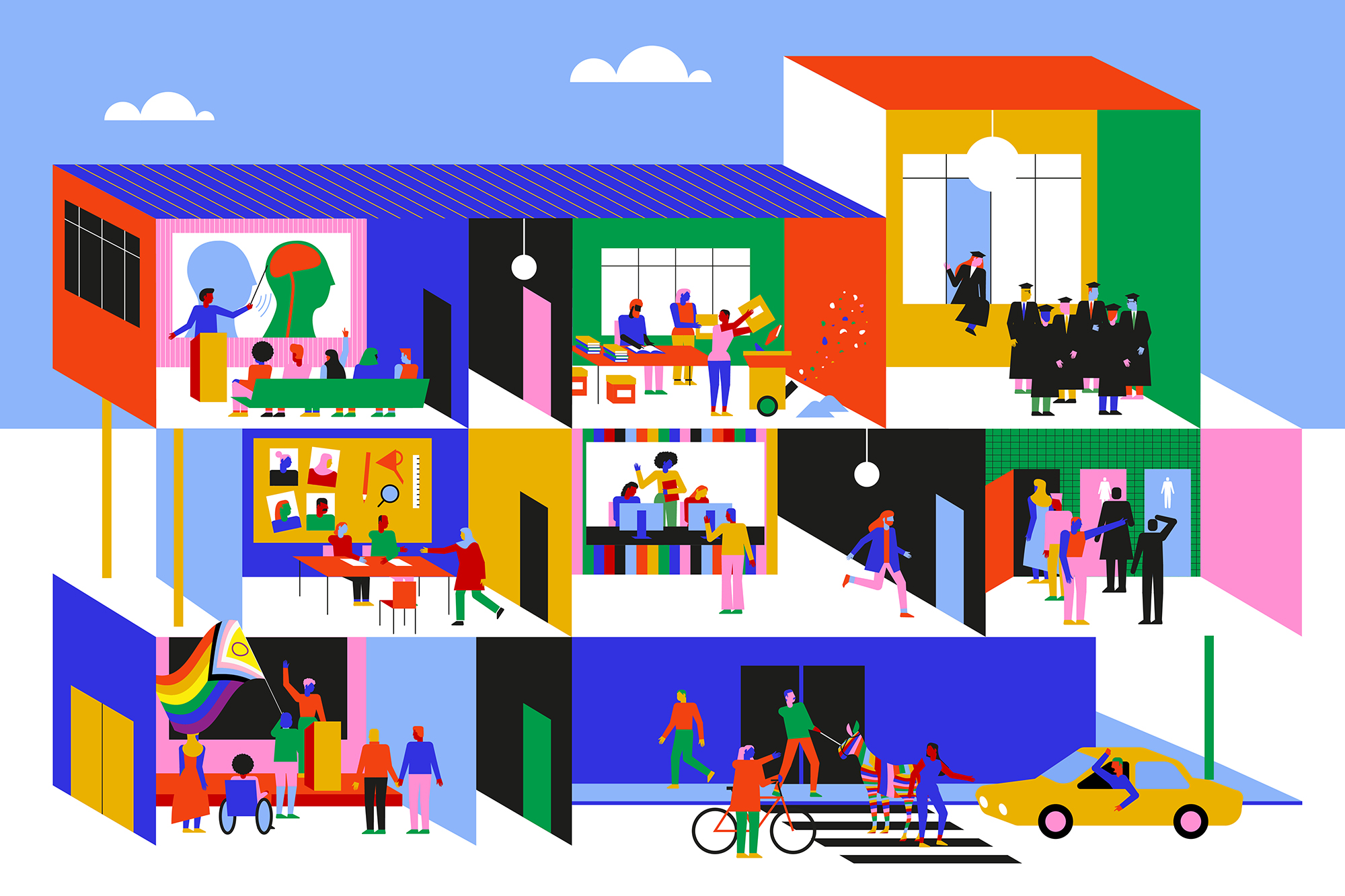
Comments are closed.